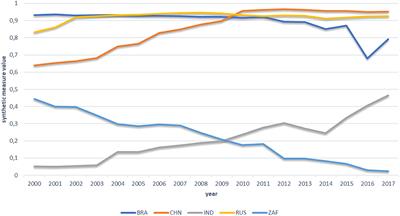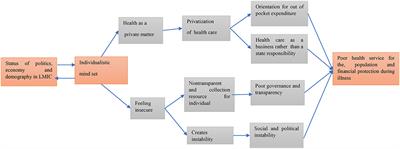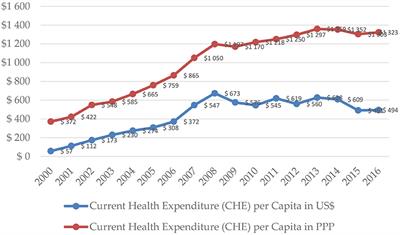EDITORIAL
Published on 11 Nov 2021
Editorial: Universal Health Coverage: The Long Road Ahead for Low- and Middle-Income Regions
doi 10.3389/fpubh.2021.746651
- 6,274 views
- 3 citations
9,073
Total downloads
55k
Total views and downloads
You will be redirected to our submission process.
EDITORIAL
Published on 11 Nov 2021
OPINION
Published on 29 Jul 2021
BRIEF RESEARCH REPORT
Published on 15 Sep 2020

ORIGINAL RESEARCH
Published on 31 Mar 2020

ORIGINAL RESEARCH
Published on 21 Jan 2020

BRIEF RESEARCH REPORT
Published on 13 Dec 2019

